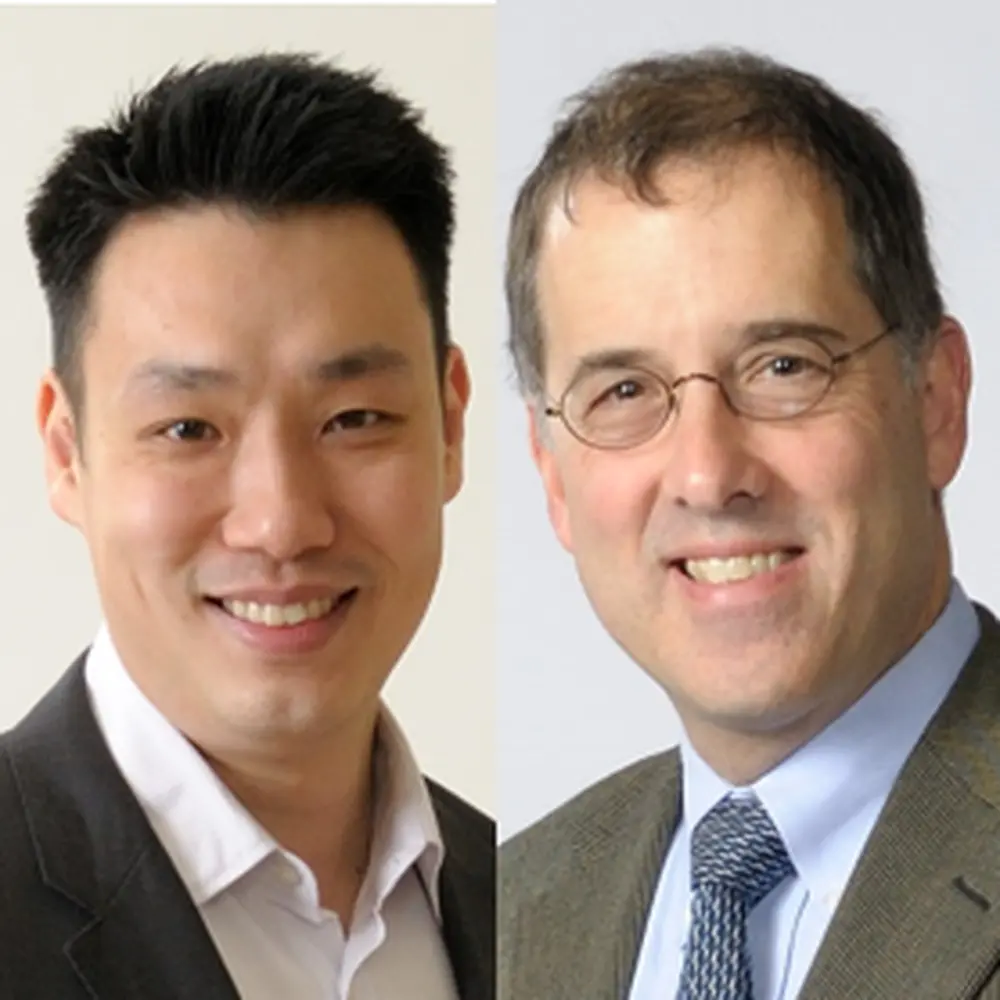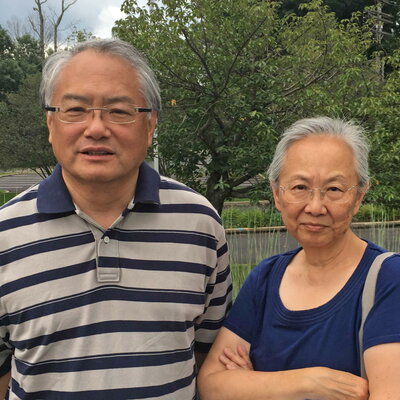
Two innovative research projects in the Department of Chemistry have been selected to receive the latest round of support from the Discovery Fund, facilitating the exploration of new cancer screening methods and new ways to make steel without producing carbon dioxide.
The Discovery Fund was established in 2018 to provide funding for innovative research in the Department of Chemistry and is generously supported by a gift from chemistry alumni Ving Lee (PhD, ‘75, Rinehart) and May Lee (PhD, ‘76, Rinehart).
To offset the shrinking availability of federal and state funding for starter projects, the Chemistry Discovery Fund enables Illinois chemistry faculty to explore fresh ideas by applying for overhead-free grants for new projects.
- Professor Jefferson Chan will use the Discovery Fund support to develop ultrasound imaging probes to “hear” invisible features of cancer. Ultrasound imaging is a safe imaging technique that is commonly employed in the hospital setting to screen for various human diseases such as cancer, according to Chan. However, this approach lacks the ability to confirm the presence of a molecular biomarker that is required for reliable diagnosis. To overcome this major challenge, the Chan Lab proposes developing advanced ultrasound imaging probes to “hear” invisible features of cancer.
- Andrew Gewirth, Peter C. and Gretchen Miller Markunas Professor in Analytical Chemistry, will use the Discovery Fund support to investigate using electrochemistry to make iron metal from iron oxides. Iron is made today by using carbon, releasing carbon dioxide. The goal of the project is to develop methods to make steel without also producing this greenhouse gas.

The Lees wanted to support the Discovery Fund to help counter the downward trend in funding for discovery-based research.
“I am a firm believer that academic discoveries need paths to monetization, some earlier versus later,” Ving said at the time that the fund was established. “As Illinois has a rich history in converting academic discoveries to practical applications, it is a pleasure to provide financial support for such opportunities.”
May said she hopes that the competition among researchers for each round of Discovery funding will increase recognition for her alma mater.
“For me, the Discovery Fund is to encourage and foster pioneering research, that ultimately contributes toward building and maintaining the Department to be recognized as the very best in the country,” she said.